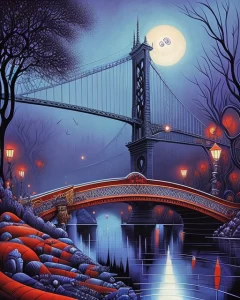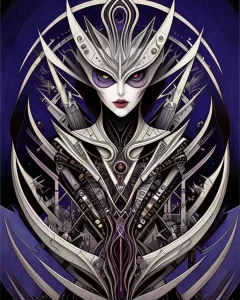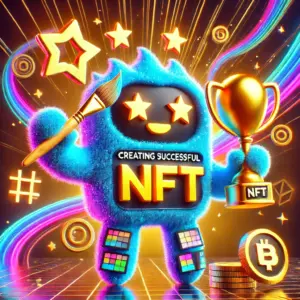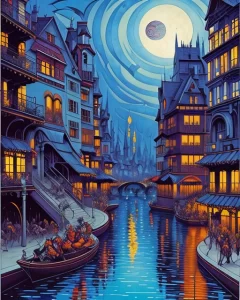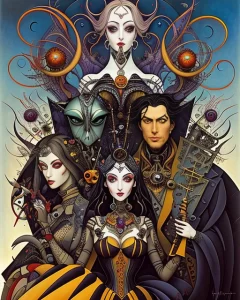The world of NFTs, or non-fungible tokens, has exploded in recent years, capturing the imagination of investors, artists, and tech enthusiasts alike. However, this digital revolution has also sparked a heated debate, with many questioning the legitimacy and sustainability of NFTs.
1. Environmental Concerns:
NFTs are often criticized for their environmental impact, as the energy-intensive proof-of-work consensus mechanism used by many blockchains can have a significant carbon footprint. This has led to accusations that NFTs are a form of “greenwashing,” exploiting the hype of blockchain technology to justify their environmental harm.
2. Price Volatility and Speculation:
The NFT market is notoriously volatile, with prices of digital assets fluctuating wildly. This has led to concerns that NFTs are primarily driven by speculation rather than any intrinsic value, raising the risk of bubble formation and financial losses for investors.
3. Lack of Utility and Real-World Applications:
While many NFTs represent digital art or collectibles, their actual utility beyond speculation remains limited. Critics argue that NFTs lack concrete real-world applications, making their value questionable and potentially hindering their long-term viability.
4. Exploitation of Artists and Creatives:
Some artists and creators have expressed concerns about the potential for NFTs to exploit their work. They worry that the ease of minting and selling NFTs could lead to a flood of derivative or low-quality work, devaluing their own creative contributions.
5. Copyright Issues and Ownership Ambiguity:
NFTs do not inherently grant exclusive copyright ownership of the underlying digital assets. This ambiguity has led to confusion and potential legal disputes, as there’s a question of who truly holds the rights to these works.
6. Lack of Regulation and Consumer Protection:
The NFT market is largely unregulated, leaving investors and consumers vulnerable to scams, fraud, and price manipulation. The absence of clear regulations raises concerns about the potential for unfair practices and the protection of consumer interests.
7. Impact on Art and Culture:
NFTs have disrupted the traditional art world, raising debates about the nature of ownership, authenticity, and the role of intermediaries in the art market. Some critics argue that NFTs commodify and devalue art, while proponents maintain that they offer new avenues for artists to connect with collectors and monetize their work.
Despite these controversies, NFTs continue to evolve and attract both passionate advocates and staunch critics. As the technology matures and regulatory frameworks are developed, it remains to be seen whether NFTs will revolutionize the digital landscape or fade into obscurity.

